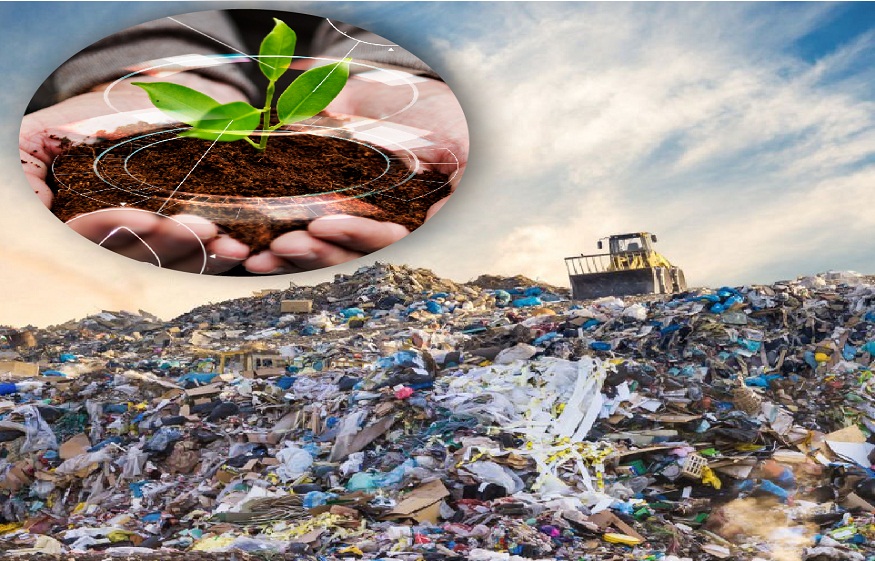In the current corporate landscape, sustainability is no longer a niche concern; it is a core business mandate. Companies worldwide are setting ambitious targets to reduce their environmental footprint, driven by consumer demand, investor pressure, and regulatory necessity. While efforts often focus on energy efficiency and carbon emissions, a critical, often underestimated, component of this sustainability strategy is waste management. This is where the expertise of a specialized waste consultant becomes invaluable. Waste consulting services are the strategic architects who move a business beyond simple recycling compliance to implement circular economy principles, transforming waste streams from a cost center and environmental liability into a resource opportunity that directly supports corporate sustainability goals.
The sheer complexity of modern waste streams is the primary reason why specialized expertise is needed. A large corporation, whether in manufacturing, retail, or hospitality, generates a diverse array of waste: general refuse, recyclables, hazardous materials, electronics, and specialized industrial byproducts. Navigating the regulatory landscape, understanding local recycling capabilities, and implementing efficient separation systems requires a level of detailed knowledge that most in-house operations teams do not possess. A waste consultant brings this specialized knowledge, acting as a crucial external partner to audit, optimize, and future-proof a company’s entire materials management system.
The Audit: Establishing a Data-Driven Baseline
The first and most fundamental role of a waste consultant is to conduct a comprehensive waste audit. Many companies operate with only a vague idea of what they throw away and why. The waste consultant performs a meticulous, hands-on analysis of the company’s waste and recycling bins over a period of time. This physical inspection, known as a ‘dumpster dive,’ yields granular, quantitative data that establishes a baseline for all waste streams.
This audit reveals critical insights: the volume of waste generated by department, the specific types of recyclable materials being incorrectly sent to landfills, and the percentage of food waste or packaging that could be diverted. Crucially, the consultant calculates the company’s current diversion rate (the percentage of waste successfully diverted from landfill) and identifies the materials with the highest potential for reduction. This data-driven baseline transforms waste management from guesswork into a precise, measurable science, making it possible to set realistic and impactful sustainability targets, such as achieving “zero waste to landfill.”
Strategy Development: Integrating Waste into the Circular Economy
Once the data is collected, the waste consultant shifts to a strategic role, designing interventions that align with the company’s broader sustainability goals. True sustainability is not just about managing waste better; it’s about eliminating waste altogether by embracing the principles of the circular economy.
The consultant helps the company move up the waste hierarchy: reduce, reuse, recycle. They work with procurement teams to identify opportunities to reduce packaging at the source, negotiate take-back programs with suppliers, or even redesign product lines to utilize less material or be easier to disassemble. For unavoidable byproducts, they identify specialized markets. For instance, a manufacturing consultant might find a local company that can use a specific industrial plastic or metal scrap as a feedstock, turning a disposal cost into a small revenue stream. For food service businesses, they design composting programs or implement technology to donate surplus food, addressing the environmental and ethical dimensions of food waste. This holistic perspective ensures that waste management is treated as a materials flow issue, not just a disposal issue.
Conclusion: The Mandate for Specialized Expertise
The role of the waste consultant in achieving corporate sustainability goals extends far beyond managing bins; it is about strategic materials stewardship, financial prudence, and regulatory assurance. As companies strive toward ambitious targets like carbon neutrality and zero waste, they recognize that waste management is an integral part of the climate solution. By providing the data-driven baseline, strategic expertise, and operational guidance necessary to transform linear waste streams into closed-loop systems, the waste consultant empowers businesses to meet their environmental mandates, realize significant cost savings, and solidify their reputation as responsible corporate citizens. They are the essential partners who help companies see that true sustainability begins where consumption ends.


